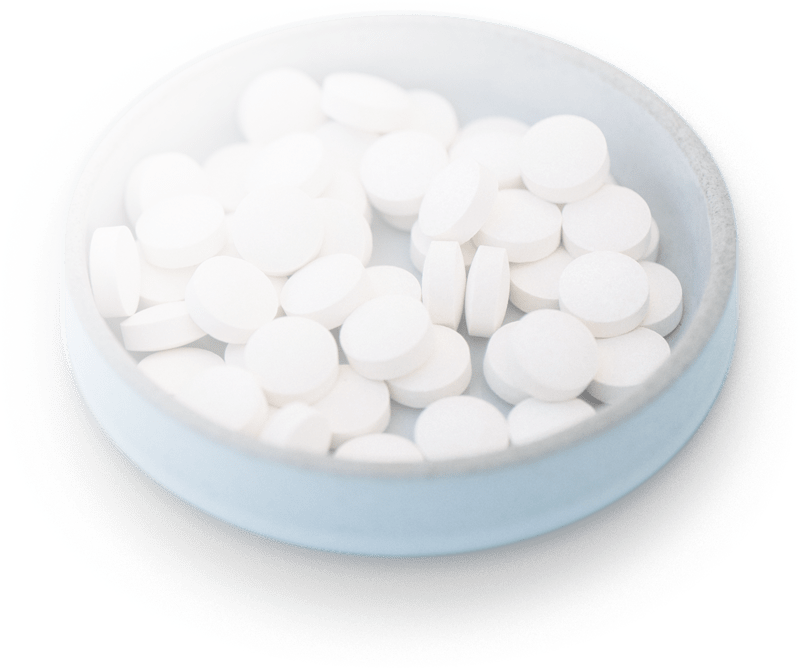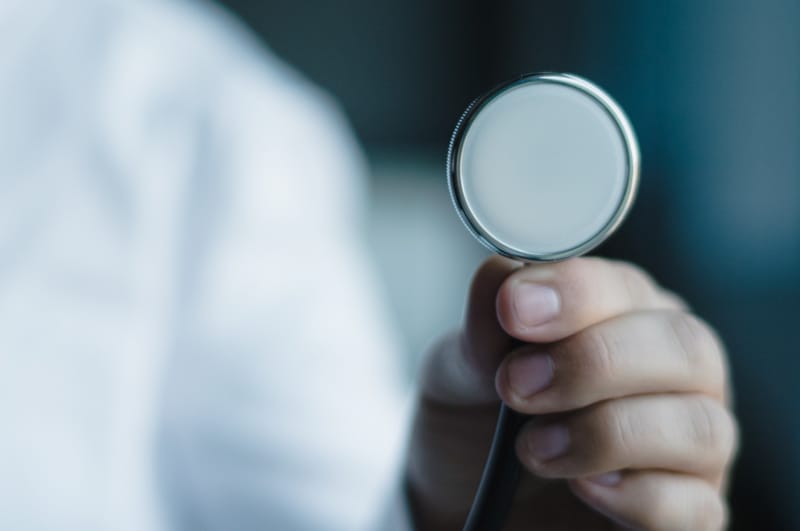WELLCOME TO
KETAMINE EXPERT CLINIC
Science-Based Care. Personalized Healing
Location
5678 Extra Rd. #123
San Francisco, CA 96120

Get in Touch
Call us today for your FREE first appointment.
Dr. Gerenstein MD will guide you through the treatment process, explaining the risks and benefits, and help you determine if you qualify.
Call Us
(786) 872-1105
Email Us
Hello@divihealth.com
Hours
Mon- Thu: 9am-5pm
Fri: 9am-2pm
Search Services
About Ketamine Expert Clinic
A Science-Driven Approach to Healing
At Expert Ketamine Clinic, we are dedicated to providing cutting-edge, evidence-based ketamine therapy for individuals struggling with treatment-resistant depression, PTSD, anxiety, and chronic pain.
Led by Dr. Ricardo Gerenstein, a highly respected anesthesiologist with over 30 years of experience, our clinic offers safe, precise, and effective ketamine treatments in a professional, compassionate setting.
Dr. Gerenstein has been at the forefront of anesthesiology for decades, holding board certification for over 20 years and training future generations of doctors and nurses at the University of Miami and Florida International University. His expertise ensures that every patient receives the highest standard of care and the latest advancements in ketamine therapy.
Our patients come to us through referrals from their mental health providers, recommendations from past patients, or their own research—seeking a trusted, medically supervised solution for their condition.
Expert Doctors.
Professional Care.
Sed ut perspiciatis unde omnis iste natus error sit voluptatem accusantium doloremque laudantium, totam rem aperiam, eaque ipsa quae ab illo inventore veritatis.

-
Begin Your Healing Journey with a Personal Consultation with Dr. Gerenstein
Conditions We Treat:
Vivamus suscipit tortor eget felis porttitor volutpat. Curabitur arcu erat, accumsan id imperdiet et, porttitor at sem. Vivamus magna justo, lacinia eget consectetur sed, convallis at tellus. Vestibulum ante ipsum
✔ Depression & Treatment-Resistant Depression (TRD)
✔ Post-Traumatic Stress Disorder (PTSD)
✔ Anxiety Disorders
✔ Bipolar Disorder
✔ Obsessive-Compulsive Disorder (OCD)
✔ Chronic Pain (CRPS, Fibromyalgia, Migraines, Neuropathic Pain)
Chat With An Expert.
Sed ut perspiciatis unde omnis iste natus error sit voluptatem accusantium doloremque laudantium, totam rem aperiam, eaque ipsa quae ab illo inventore veritatis.
Why Choose Us
Led by a Leeding Medical Expert
Dr. Ricardo Gerenstein MD, a renowned Anesthesiolgist, has been administering ketamine for decades, ensuring the highest standards of safety and effectiveness.
Personalized, Private Care
Each infusion is conducted in a comfortable private room, equipped with a cozy couchand a soothing atmosphere to help you relax during treatment.
✔ Advanced Precision & Safety
We use a computerized IV pump, ensuring accurate dosing for maximum therapeutic benefit and safety.
Best Healthcare System Designed Only For You
Sed ut perspiciatis unde omnis iste natus error sit voluptatem accusantium doloremque laudantium. Nemo enim ipsam voluptatem quia voluptas sit aspernatur aut odit aut fugit, sed quia consequuntur magni dolores. Nulla quis lorem ut libero malesuada feugiat. Curabitur arcu erat, accumsan id imperdiet et, porttitor at sem. Praesent sapien massa, conv
Doctors
Yrs in Business
Frequently Asked Questions
What is Ketamine?
Ketamine is an anesthetic that has been used on both humans and animals for over 52 years and was approved by the Food and Drug Administration for use in the United States in 1970. In the last 15 years or so Ketamine was found to offer impressive results in treating severe chronic depression through intravenous infusion therapy.
How Ketamine works for Resistant Depression, PTSD, OCD?
It is apparent that Ketamine works in the brain of people with resistant depression in two main ways
- Depression is associated with reduced levels of neurotrophic factors, including brain-derived neurotrophic factor (BDNF) and vascular endothelial growth factor (VEGF), contributing to neuronal atrophy in some areas of the brain.
- Some nerve cells (neurons) in the brain involved in mood use a chemical (neurotransmitter) called glutamate to communicate with each other. The nerve cells need glutamate receptors — think of them like catcher’s mitts for glutamate — in order to join in this communication. In the brains of some people with depression, those nerve cells don’t get so excited by glutamate anymore. It’s as if the glutamate receptors are deactivated or weakened. But after people with this particular problem receive ketamine, it increased the glutamate and, at the same time, those nerve cell connections possibly get restocked with new glutamate receptors. It’s as if ketamine helps make new catcher’s mitts for the glutamate so that the nerve cells can respond to it again.
Ketamine rapidly increases BDNF and VEGF release and increases glutamate availability. That leads to an increase in the number, function, and networking of the cells in the brain.
Recent studies reveal that ketamine produces rapid (within hours) and sustained (up to a week) antidepressant actions in patients with treatment-resistant depression
How Ketamine works for Severe, Chronic Pain?
Ketamine’s analgesic effects are believed in the Central Nervous System, the brain. The reduction of pain by Ketamine is an effect of its strong NMDA-receptor blockade which decreases central neuronal excitability and therefore conduction of pain impulses
By blocking the receptor and closing the channel to ion transport, pain signal transmission is interrupted, giving central pain centers a chance to “reboot.”
A series of low-dose ketamine infusions in awake patients can dramatically alter — or even eliminate — chronic pain.
Do I need to be referred by a psychiatrist?
No, but a referral from your mental health provider is encouraged. If it seemed necessary during the first interview you could be required to meet with our psychiatrist to discuss your condition and current diagnosis before determining a treatment plan. Also, you will authorize us to contact your psychiatric or Health Care Provider at any moment during the treatment.
How soon will I begin to fill better?
Are there any side effects?
Actually, Ketamine is very safe. When used in controlled doses under a doctor’s supervision, side effects from Ketamine are rare, affecting less than 2% of patients. Some patients report drowsiness, blurred vision, dizziness, and the sensation of having an “out-of-body” experience, but these symptoms typically subside within the first hour of receiving treatment. Over 50 years of using it as a general anesthesia medicine or 15 years of research into the use of Ketamine to treat severe depression have shown no long-term side effects.
Are there certain conditions that are contra-indications or raise precautions for Ketamine treatment?
Yes. All patients are required to undergo a medical screening and urinalysis to see if they are candidates for Ketamine therapy. Patients with a history of cardiovascular disease, uncontrolled hypertension, and a history of psychosis do not qualify for treatment. Patients who exhibit signs of current or recent (within the past year) substance abuse are also prohibited from undergoing treatment.
Is Ketamine therapy guaranteed to work?
Unfortunately, Ketamine therapy does not work for all patients. Research has shown an over 70% success rate in clinical trials. Be aware that this 70% success rate is found in inpatients that already are resistant to conventional medical tratment.
We can typically tell if Ketamine infusions are working for patients after only one or two treatments. If an improvement is not seen at that time, further infusions will be discontinued.
Should I continue my current treatments for depression when undergoing Ketamine therapy?
Yes. You should let your healthcare provider know you are doing Ketamine therapy while continuing your current regimen.
We will gladly talk to your healthcare provider about your Ketamine treatment if you wish us to do so.
How many infusions will I need? For how long will I fill better?
Will I require a booster infusion
The duration of symptom relief varies from patient to patient. Most patients experience symptom relief for 1-2 months following the initial cycle of infusions, with some patients experiencing relief for up to 6 months. Single booster infusions are scheduled when needed to maintain symptom relief.
Is Ketamine addictive?
Studies have shown that Ketamine, when administered at low and controlled doses under a doctor’s care, is not addictive.
What is the ketamine infusion process like?
The ketamine infusion process is simple and straightforward. You’ll lay comfortably while your doctor connects an IV to either your arm or leg. You get the ketamine medication, mixed with saline, through an IV over about an hour using a precise infusion pump.
You’ll be awake for the whole infusion. There’s a 30-minute recovery period before you can go home after your ketamine infusion. Arrange for someone to drive you home, as you can’t drive for 12 hours after treatment.
Am I allowed to drive the day of the infusion?
While you are allowed to drive yourself to your appointment, you will not be allowed to drive yourself home. Grogginess after treatment is extremely common, which is why patients are required to have a driver present to transport them home
Is Ketamine infusion FDA approved?
While ketamine can be legally prescribed and administered “off-label” by licensed physicians, the drug has only been officially approved by the FDA as an anesthetic and not as a treatment for depression. By way of comparison, an estimated 30% of all medications are prescribed “off-label,” including many cancer drugs, and are frequently used by physicians even though they are not FDA approved for that particular purpose.
Although ketamine has shown the potential to help millions of people find relief from the crushing effects of depression and neuropathic pain, pharmaceutical companies have been hesitant to invest the tens of millions of dollars required to fund the extensive and expensive clinical trial process necessary to get official FDA approval. Since the drug is and will remain off-patent, no company can own the revenue stream.
Ketamine’s use for depression and neuropathic pain treatment follows all required rules and regulations and has safely and effectively been prescribed as a fast-acting depression and pain treatment for almost a decade in private medical practices and some hospitals and HMOs.
What is the cost of the treatment
The fee for our consultation and initial treatment for depression and mood disorder patients is $475. Additional treatments, if necessary, will also be billed at $475. This fee is all-inclusive with no additional charges.
We accept all payment methods. Some insurance companies will cover all or a portion of the treatment as an “out of network” service. If so, we will gladly provide you with the necessary forms to submit to your insurance company for potential reimbursement. Our experience shows that about 30-35% of patients are receiving some reimbursement.
We also offer affordable financing options to our patients, available through Advance Care, a medical funding company. For details please call them directly at 800-432-9470, or visit their website at advancecarecard.com.
Veterans of the United States military suffering from depression, MDD or PTSD are encouraged to call us for special fee consideration.
Does the office have WIFI? Can I bring music?
Walk in Appointments Available Daily
Donec rutrum congue leo eget malesuada. Pellentesque in ipsum id orci porta dapibus. Quisque velit nisi, pretium ut lacinia in, elementum id enim. Vivamus magna justo, lacinia eget consectetur sed, convallis at tellus.
Contact us
Call Us
Email Us
Hello@divihealth.com
Our Location
5678 Extra Rd. #123
San Francisco, CA 96120
